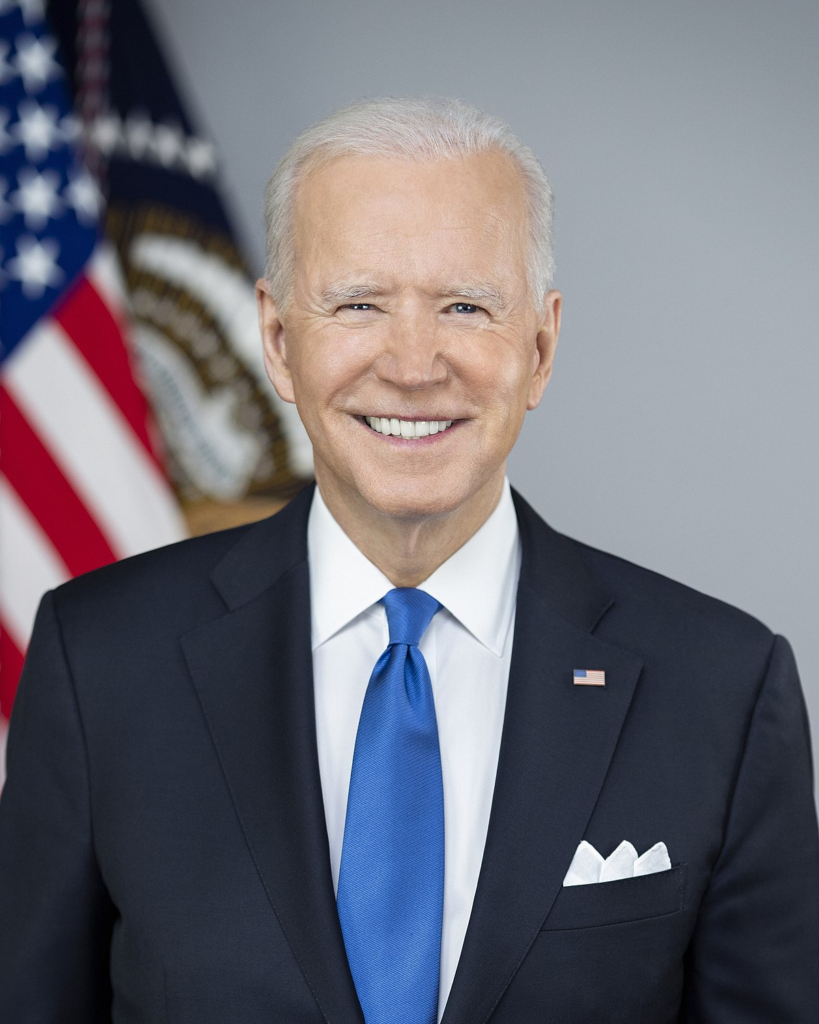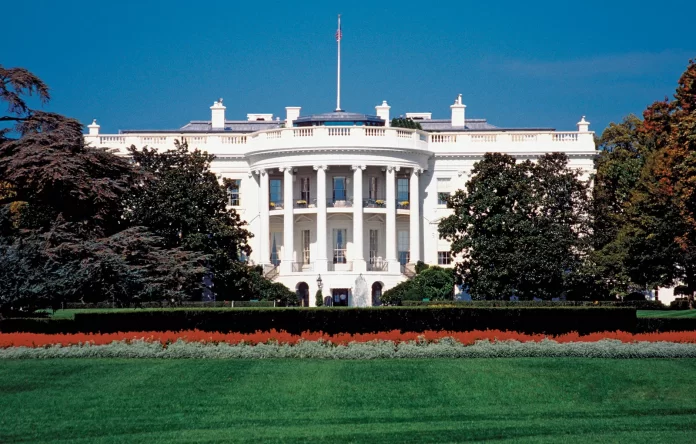In a surprising move that has drawn both criticism and support, President Joe Biden announced his intention to nominate Elliott Abrams, a former appointee under President Donald Trump, to the United States Advisory Commission on Public Diplomacy. Abrams’ controversial past in Latin America and his involvement in the Iran-Contra affair have raised questions about his suitability for the bipartisan commission. As the debate unfolds, the decision to appoint Abrams highlights the complexities and challenges associated with shaping US foreign policy and public diplomacy.
A Tarnished History
Elliott Abrams, a seasoned Republican insider with a long history in foreign policy, has faced both legal and ethical controversies throughout his career. His involvement in the Iran-Contra affair during the Reagan administration led to a guilty plea for withholding information, although he was later pardoned by President George H.W. Bush. The operation, which involved funding anti-communist rebels in Nicaragua using proceeds from weapon sales to Iran, violated a congressional ban and sparked a national scandal.
Questionable Testimony and Human Rights Concerns

Abrams’ role in downplaying reports of the El Mozote massacre in El Salvador further tarnished his reputation. A Human Rights Watch report criticized his attempts to dismiss the massacre, the largest mass killing in recent Latin American history, during a Senate testimony. The report accused him of disregarding the plight of the victims and lavishing praise on the military battalion responsible for the atrocity. These actions have resurfaced in recent years, raising concerns about Abrams’ credibility and suitability for a public diplomacy role.
Political Implications
The United States Advisory Commission on Public Diplomacy plays a crucial role in assessing and influencing US government activities aimed at understanding, informing, and influencing foreign publics. By gathering and disseminating information, issuing reports, and advising key stakeholders, the commission ensures that public diplomacy efforts align with national interests and promote positive international engagement. The appointment of individuals with controversial backgrounds sparks debates about the commission’s integrity and effectiveness.
The Importance of Public Diplomacy
Public diplomacy plays a crucial role in shaping global perceptions of the United States and its policies. As an essential element of foreign relations, effective public diplomacy can foster understanding, build relationships, and advance national interests. Critics argue that Abrams’ controversial past may undermine the United States’ credibility and hinder efforts to engage with Latin American countries. However, proponents of the nomination suggest that Abrams’ experience could offer valuable insights in managing complex diplomatic challenges.
President Biden’s nomination of Elliott Abrams to the United States Advisory Commission on Public Diplomacy has ignited a passionate debate about the commission’s role, bipartisan representation, and the importance of public diplomacy. Abrams’ controversial past in Latin America, his involvement in the Iran-Contra affair, and his attempts to downplay human rights abuses have raised concerns among critics. Nevertheless, as the discussion unfolds, it underscores the intricate nature of foreign policy decision-making and the challenges of balancing historical baggage with the need for diverse perspectives in shaping public diplomacy efforts.


